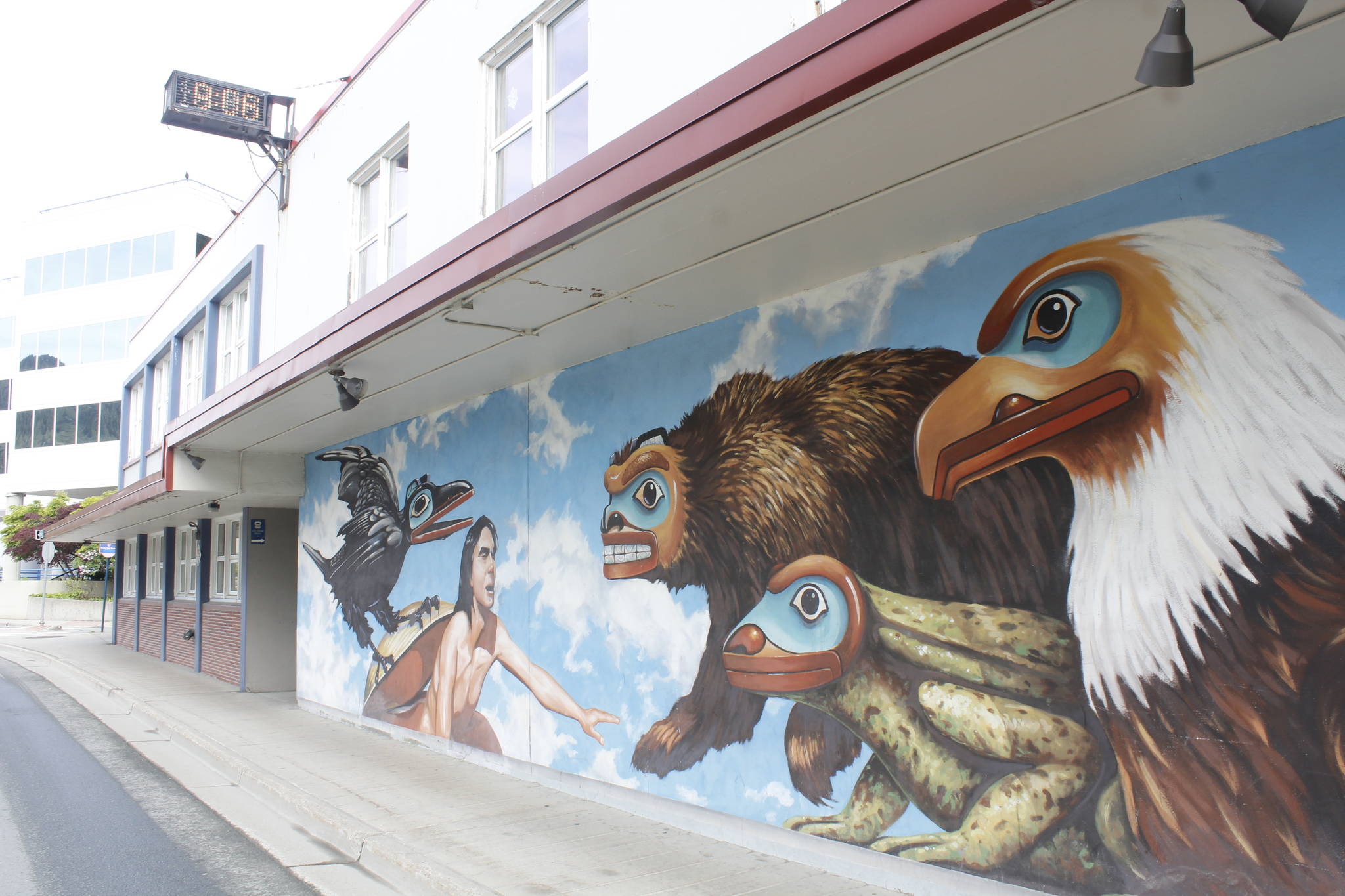Municipal leaders around the state have watched the goings-on at the Capitol intently during this budget cycle, especially as the governor and Legislature mull shifting costs from the state to communities.
On Wednesday, members of the House Finance Committee voted to eliminate the school construction debt reimbursement program, which shifts costs from the state to municipalities. For the City and Borough of Juneau, eliminating the program would cost the city $7.1 million for next year and $16 million more in the next five years, according to a CBJ news release Friday.
City Manager Rorie Watt, who hasn’t been hesitant to speak up this session, issued a statement Friday addressing legislators.
“It’d be one thing if the state didn’t have money. But they do,” Watt said in the release. “This is just an intentional choice to force municipalities to do what they won’t do, which is to raise taxes. Eliminating payment of school debt shifts the burden onto local tax payers, and raises the cost of living and the cost of doing business at the local level without providing any new tools to help us solve the problem.”
[City holds first budget meeting with changes to spending, property tax rate]
Gov. Mike Dunleavy has campaigned and governed with the mantra of no new taxes. While Dunleavy is staunchly opposed to a statewide tax, many economic experts and local leaders have pointed out that Dunleavy’s proposed budget shifts so many costs to communities that municipalities will have to significantly raise their local taxes.
The state and local governments have long shared the cost of major school construction, such as building new schools or improving aging ones.
The school construction debt reimbursement program in Juneau is currently paying off debt from remodeling Auke Bay Elementary School and Sayéik Gastineau Community School, among other projects. The state picks up 70 percent of the debt on these voter-approved projects and taxpayers pay the rest.
“It would be an Assembly decision on how to respond to this cost shifting, but we’d likely be considering a raise in property tax and a reduction of some public services,” Watt said. “As an example, if we solely just looked at a property tax increase to pay the state’s portion of the school debt this year, it would mean a 15 percent tax increase.”
• Contact reporter Alex McCarthy at amccarthy@juneauempire.com. Follow him on Twitter at @akmccarthy.

